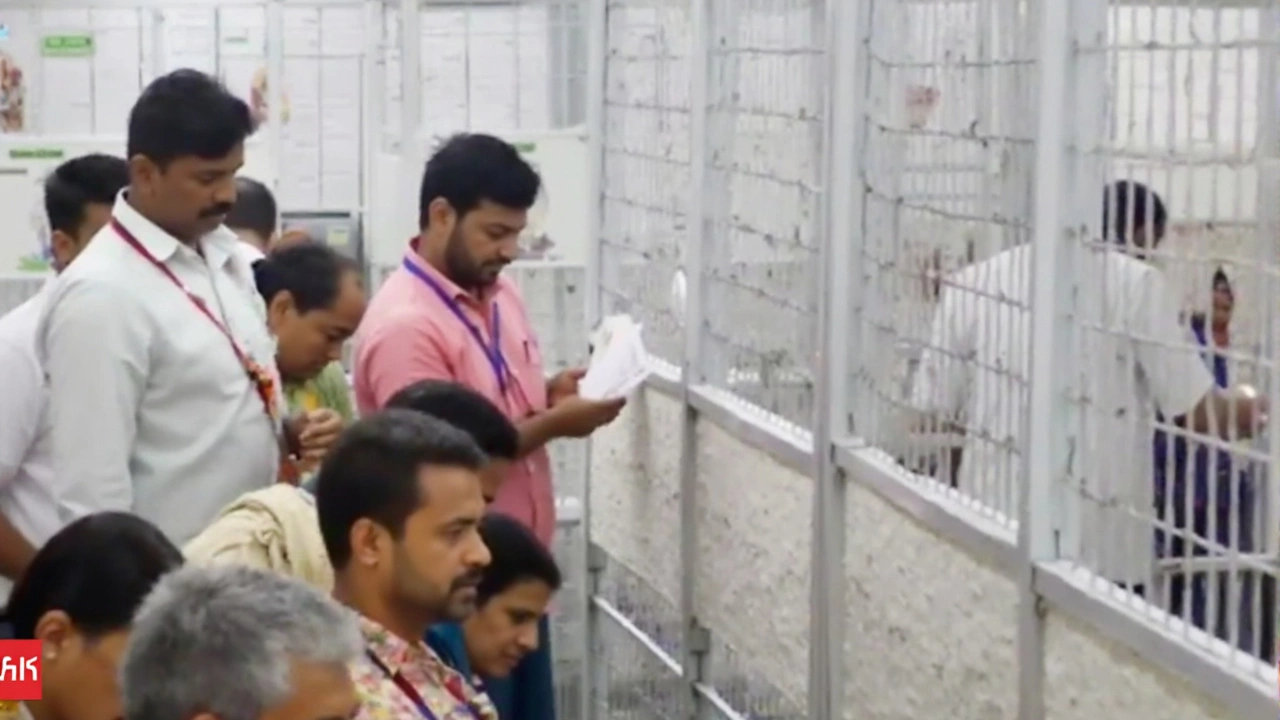DMK: Latest News, Policies and Impact on Indian Politics
If you’ve heard the name DMK popping up in headlines, you’re probably wondering what the buzz is about. DMK stands for Dravida Munnetra Kazhagam, a regional party from Tamil Nadu that has played a big role in shaping state and national politics for decades. In simple terms, it’s the party that talks a lot about social justice, language pride and development, and it often decides the balance of power in the centre‑ground coalition games.
What is DMK and its History?
Founded in 1949 by C.N. Annadurai, DMK started as a breakaway from the Dravidian movement that wanted to protect Tamil culture and oppose Hindi‑centric policies. The party first won a state election in 1967, ending decades of Congress rule, and has been a major player ever since. Leaders like M. Karunanidhi and now M.K. Stalin have turned DMK into a heavyweight that can swing national alliances, especially when the ruling coalition needs extra seats.
DMK’s core agenda revolves around welfare schemes, education, and infrastructure. Over the years it’s launched free bus passes for senior citizens, subsidised rice for the poor, and massive road‑building projects. Those moves have helped it stay popular among the masses while also courting business interests that want a stable, development‑focused government.
Current Developments and What to Watch
Right now DMK is gearing up for the upcoming Tamil Nadu assembly elections. The party’s campaign trail is packed with promises of more power‑cuts, water‑saving projects, and a push for Tamil language rights in schools. If you follow the news, you’ll notice DMK’s leader M.K. Stalin has been meeting with senior national figures, trying to lock in a seat at the centre‑level decision table.
Another hot topic is DMK’s stance on the recent central government’s economic policies. The party has criticised the new tax reforms, saying they could hurt small traders in Chennai’s markets. At the same time, DMK is lobbying for more central funding for the state’s coastal infrastructure, which could be a game‑changer for the fishing industry.
For investors and startups, DMK’s policies matter because the party often backs tech‑focused incubators and grants for Tamil‑based innovators. The recent announcement of a ₹5,000 crore fund for startup ecosystems in Tamil Nadu is another example of how political decisions can directly affect the business climate.
Keep an eye on the alliance talks too. DMK traditionally partners with the Congress‑led United Progressive Alliance, but there have been whispers about new regional collaborations. Those shifts could reshape the next general election’s dynamics, especially in the south.
In short, DMK isn’t just a regional party; it’s a force that can influence everything from local welfare schemes to national economic strategies. Whether you’re a voter, a business owner, or just a curious reader, staying updated on DMK’s moves helps you understand a big piece of India’s political puzzle.
DMK Candidate Leads in Erode By-Election as Early Trends Favor Chandhirakumar
In the Erode East by-election, DMK's V.C. Chandhirakumar emerges as a frontrunner with strong postal ballot support, overshadowing NTK's Seethalakshmi. A robust voter turnout of 67.98% marks the significant political event, under tight security with over 600 personnel present. The election was called following the passing of Congress MLA Elangovan, highlighting a continued contest between DMK and new challengers.
